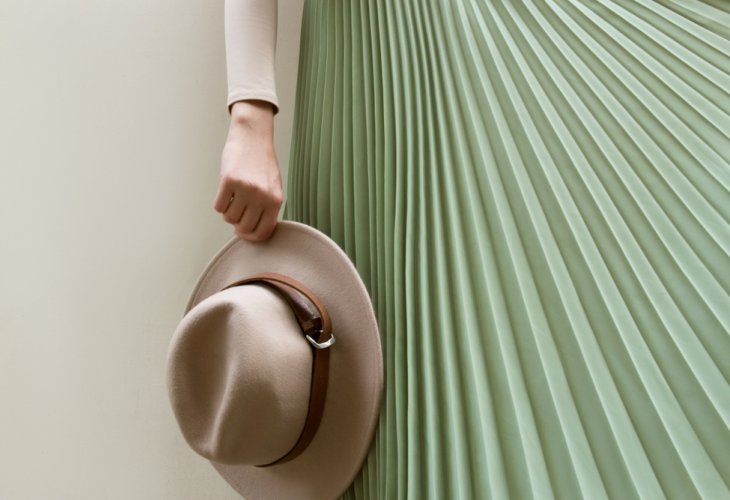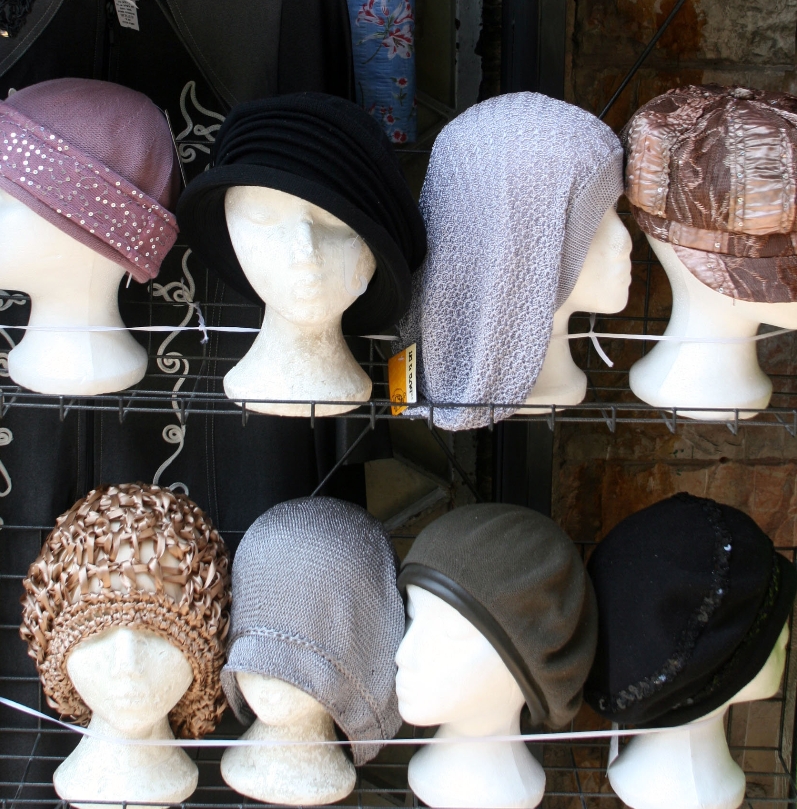Beginners Guide
Crowned with a Mitzvah: A Jewish Woman's Hair Covering
Modest dress and completely covering one's hair protects not only a married Jewish woman but also her entire family
 (Photo: shutterstock)
(Photo: shutterstock)The Torah source for the mitzvah
In the days when the Temple stood, if a married woman was suspected by her husband of having secluded herself with another man, she would be brought to the Temple. There, she would bring a sacrifice, and a priest would uncover her hair to shame her, as exposing the hair of a married woman was a great humiliation and disgrace. She would also drink bitter waters into which the name of Hashem was blotted on a parchment. If she was indeed guilty of seclusion, she would not survive, but if she was pure, she would be blessed with a child.
The Torah states: "And the priest shall stand the woman before Hashem and uncover the woman's head." Rashi explains: "From here we see that uncovering the head is disgraceful for Jewish women." In other words, after marriage Jewish women must cover their hair, and this is also stated clearly in the Talmud.
Rabbi Ovadia Yosef ztz"l notes that according to the letter of the law, a married woman may leave her hair uncovered within her own home (as long as no strangers are present); it is only in public that her hair must be covered. He adds, however, that it is "highly recommended" that she should cover her hair at home as well.
 (Photo: Flash 90)
(Photo: Flash 90)An extraordinary reward for extraordinary devotion
The Talmud relates the story of Kimchit, who merited having all seven of her sons serve as Kohen Gadoal (High Priest). When the Sages asked her why she deserved this, she replied that it was due to her exceptional modesty — the beams of her home never "saw" her hair.
The Zohar states that when a woman is not meticulous in adhering to the laws of modesty, it brings poverty to her family; her children will not grow up to be well-respected; and an impure spirit will dwell in her home.
In Sefer Tehillim (Psalms) it states: "Your wife shall be like a fruitful vine in the innermost chambers of your home; your children like olive plants around your table." The Malbim, one of the great Torah commentators, explains that just as a grapevine is planted around the sides of the house, but its branches reach the roof and from there they protect the entire house, so too a modest woman is rooted in her home and yet protects all her family members.
For whom is your beauty?
Many women think that wearing a head covering will make them unattractive and are reluctant to accept this obligation upon themselves. It is true that one of the reasons why married women must cover their hair is to restrain their beauty — not in order to become unattractive, but rather to reserve their full beauty for their husbands.
Women who cover their hair in public thus become even more attractive toward their husbands, not only in a physical sense, but also in a spiritual and emotional sense, as their husbands know that they preserve their femininity solely for them and do not seek to attract other men.
The Midrash adds that, "Jewelry was given to the woman only in order for her to adorn herself within her home."
When a woman dons a head covering, she crowns herself with dignity and grandeur and radiates the inner strength she has to live according to the ideology and values she believes in.
And as our Sages said: "The greater the pain and effort to fulfill a mitzvah, the greater the spiritual reward."

